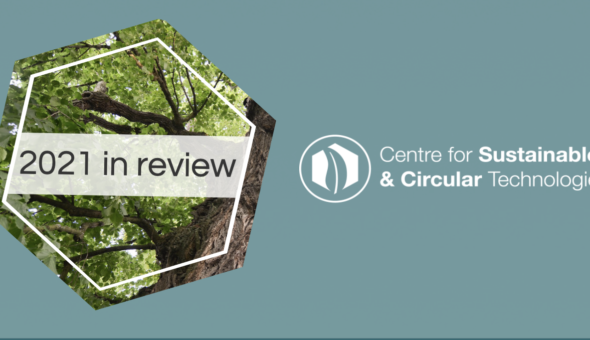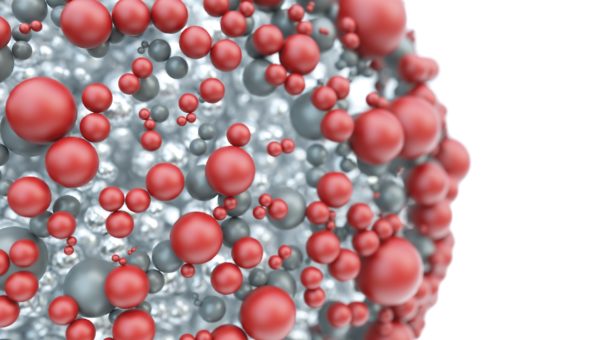The Whorrod Prize in Sustainable Chemical Technologies for the student achieving the best credit rated average in the first year (MRes) of the Integrated PhD in Sustainable Chemical Technologies was awarded to Tom Forder in the academic year 2009/10. While Tom's prize was announced at a graduation ceremony in December 2010, he has to wait until the Summer Showcase in July 2011 to actually receive his certificate and cash prize.
The prize is named after Roger and Sue Whorrod, who, in 2010 donated a gift worth £1 million to the University of Bath to boost research in Sustainable Chemical Technologies.
Tom is a worthy recipient of the prize who, as well as achieving the best grades in the 2009/10 MRes cohort is also an all round nice guy and active in lots of the DTCs activities, such as the seminar programme … and the sports! We asked him to tell us about his scientific background and his current research:
“I completed my undergraduate MChem at Newcastle University; this included a final year in industry working for Lubrizol Advanced Materials in Manchester, UK. During my placement, and for a further 12 months as a Graduate Research Chemist, I worked with the Hyperdispersants research team developing polymeric dispersants for plastic colouring and processing.
On arriving here at the DTC in October 2009, I undertook my first MRes project with Dr Matthew Jones studying catalysts for the controlled polymerisation of lactide and other cyclic esters into block and random copolymers. Polylactide (PLA) is a polymer made from renewable resources that is, under the right conditions, biodegradable. Making co-polymers of lactide with other cyclic esters allows modification of the polymer properties, such as melting point, allowing us to tailor it for specific applications. My second MRes project followed on from this as I attempted to use copolymers I’d synthesised to fabricate scaffolds for tissue engineering applications. With the guidance of Dr. Marianne Ellis in the department of Chemical Engineering, I learnt a wide range of techniques required for cell culture and subsequent analysis. This is one of the best things about doing PhD research in the DTC: getting input from multi-disciplinary supervisory teams and so learning new skills and getting a more rounded perspective.
My main PhD project has emerged from a combination of my MRes projects. I am currently synthesising a range of asymmetric amine tris(phenolates) as potential ligands for initiators of the polymerisation and copolymerisation of lactide and other cyclic esters. We intend to relate the ligand structure to the subsequent polymer properties and their suitability for scaffold fabrication and behaviour in biological systems. I am particularly interested in understanding the steric and electronic influences of the ligands on monomer selectivity, as well as developing improved kinetic studies of the polymerisations. We will also have to consider the difficulties of scale-up of the polymerisations, as significant material is needed for any in depth biomedical studies.”
Respond


